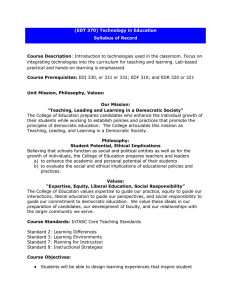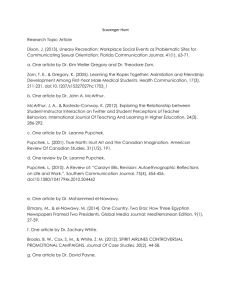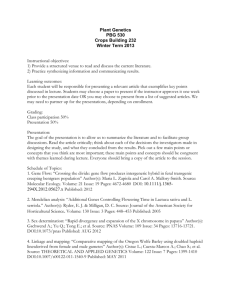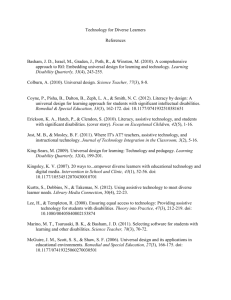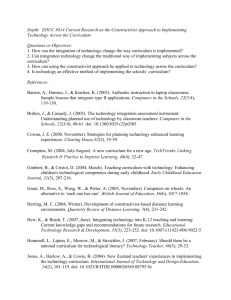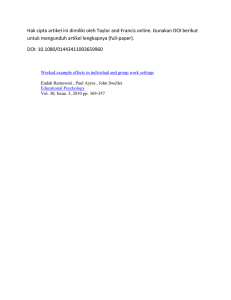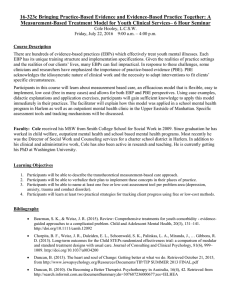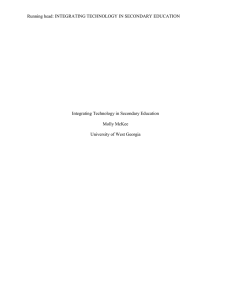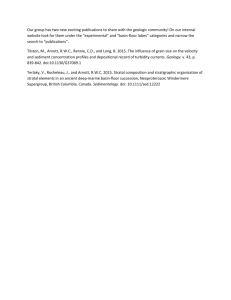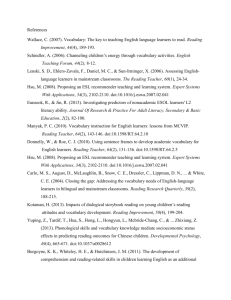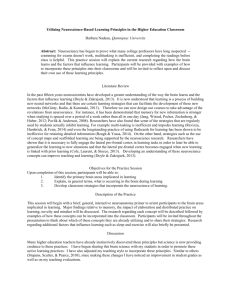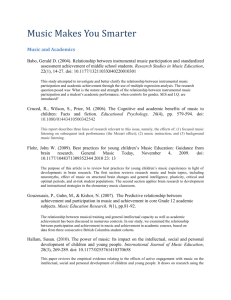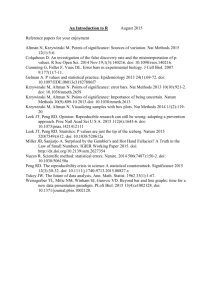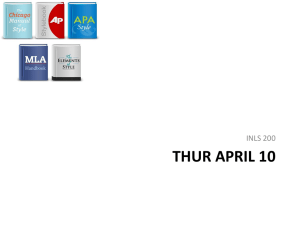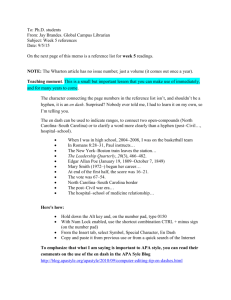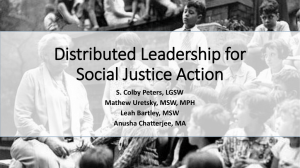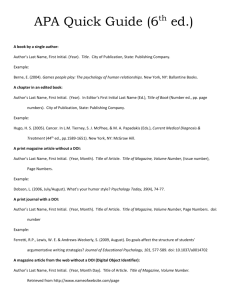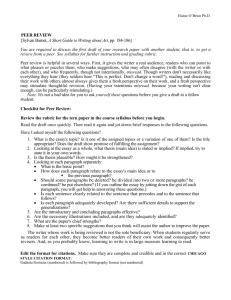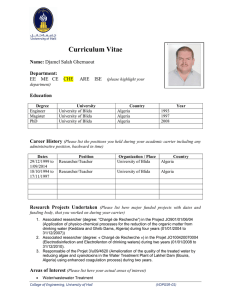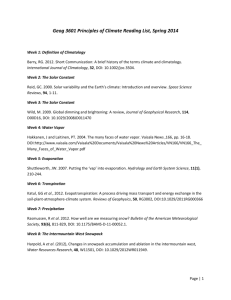Kreider_HelmHandout
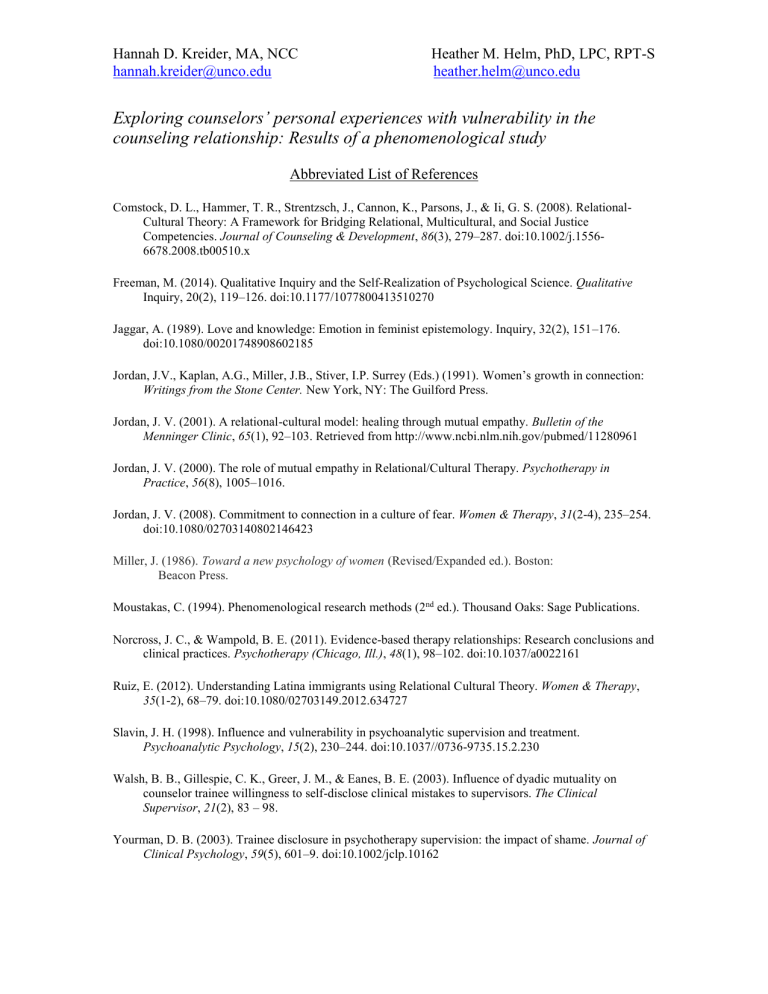
Hannah D. Kreider, MA, NCC Heather M. Helm, PhD, LPC, RPT-S hannah.kreider@unco.edu
heather.helm@unco.edu
Exploring counselors’ personal experiences with vulnerability in the counseling relationship: Results of a phenomenological study
Abbreviated List of References
Comstock, D. L., Hammer, T. R., Strentzsch, J., Cannon, K., Parsons, J., & Ii, G. S. (2008). Relational-
Cultural Theory: A Framework for Bridging Relational, Multicultural, and Social Justice
Competencies. Journal of Counseling & Development , 86 (3), 279–287. doi:10.1002/j.1556-
6678.2008.tb00510.x
Freeman, M. (2014). Qualitative Inquiry and the Self-Realization of Psychological Science. Qualitative
Inquiry, 20(2), 119–126. doi:10.1177/1077800413510270
Jaggar, A. (1989). Love and knowledge: Emotion in feminist epistemology. Inquiry, 32(2), 151–176. doi:10.1080/00201748908602185
Jordan, J.V., Kaplan, A.G., Miller, J.B., Stiver, I.P. Surrey (Eds.) (1991). Women’s growth in connection:
Writings from the Stone Center. New York, NY: The Guilford Press.
Jordan, J. V. (2001). A relational-cultural model: healing through mutual empathy. Bulletin of the
Menninger Clinic , 65 (1), 92–103. Retrieved from http://www.ncbi.nlm.nih.gov/pubmed/11280961
Jordan, J. V. (2000). The role of mutual empathy in Relational/Cultural Therapy. Psychotherapy in
Practice , 56 (8), 1005–1016.
Jordan, J. V. (2008). Commitment to connection in a culture of fear. Women & Therapy , 31 (2-4), 235–254. doi:10.1080/02703140802146423
Miller, J. (1986). Toward a new psychology of women (Revised/Expanded ed.). Boston:
Beacon Press.
Moustakas, C. (1994). Phenomenological research methods (2 nd ed.). Thousand Oaks: Sage Publications.
Norcross, J. C., & Wampold, B. E. (2011). Evidence-based therapy relationships: Research conclusions and clinical practices. Psychotherapy (Chicago, Ill.) , 48 (1), 98–102. doi:10.1037/a0022161
Ruiz, E. (2012). Understanding Latina immigrants using Relational Cultural Theory. Women & Therapy ,
35 (1-2), 68–79. doi:10.1080/02703149.2012.634727
Slavin, J. H. (1998). Influence and vulnerability in psychoanalytic supervision and treatment.
Psychoanalytic Psychology , 15 (2), 230–244. doi:10.1037//0736-9735.15.2.230
Walsh, B. B., Gillespie, C. K., Greer, J. M., & Eanes, B. E. (2003). Influence of dyadic mutuality on counselor trainee willingness to self-disclose clinical mistakes to supervisors. The Clinical
Supervisor , 21 (2), 83 – 98.
Yourman, D. B. (2003). Trainee disclosure in psychotherapy supervision: the impact of shame. Journal of
Clinical Psychology , 59 (5), 601–9. doi:10.1002/jclp.10162

